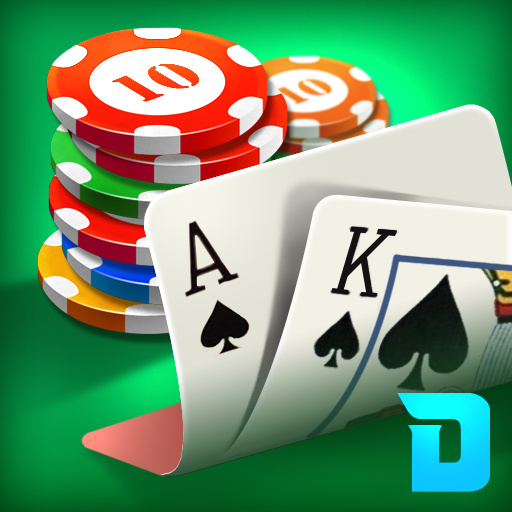
In poker, there are two basic types of hands: open-ended and closed-ended. In an open-ended straight, a player needs any two cards from outside the hand to complete a straight. In a closed-ended straight, a player needs a pocket pair of fives and a seven on the river. Gutshots are half as likely to hit than open-ended straights. Open-ended and closed-ended straights are both types of hands that are played in single-player tournaments.
Each betting interval starts with a player betting. The next player is required to raise or place the same number of chips into the pot as the previous player. Once the betting phase has been completed, players reveal their cards clockwise around the table. If any player folds, he/she loses the chip amount in the pot. After this betting phase, the round ends with the winner of the pot. While poker can be played with a single player or several, there are rules for each type of poker.
When a player has a high hand, the odd chip will be given to that player. If there are ties for high, the odd chip is given to the player with the highest card by suit. The other players in the hand are then divided equally between them. The rules for odd-chip poker are very clear. When the dealer shows an exposed card, he must keep the card, but the dealer may choose to show another card. A poker hand can end in a tie or a high-low-low-south hand.
When a game is played with more than one player, the number of chips in the game is often increased. The table needs to be large enough for all players to comfortably play. The chips are worth varying amounts, depending on how many players are involved. If there are more than ten players, two separate games may be organized. Once you have a large enough table, you can invite friends or family. A poker table and chairs will make a room full of people.
Each round of poker is supervised by a dealer. This person is responsible for shuffling the deck and dealing out the cards to each player. Sometimes a non-player is given the responsibility of dealing out the cards for the entire game. Players take turns being the dealer. The dealer is given a dealer chip that is passed to him after each round. Depending on who is the dealer, certain betting rules are different from regular games. If you have a pair of fives and a straight flush, you are unlikely to win more than once in 65,000 hands.
The best hand is “nuts,” which is a full house with five cards of the same rank and suit. When the dealer has five cards, a player can raise his or her bet by betting more than his or her current bet. However, a player can also fold, which means he or she is effectively out of the round. The person who folds loses all money bet during the round. While the game is very similar to hold’em, Omaha is a flop game similar to hold’em.